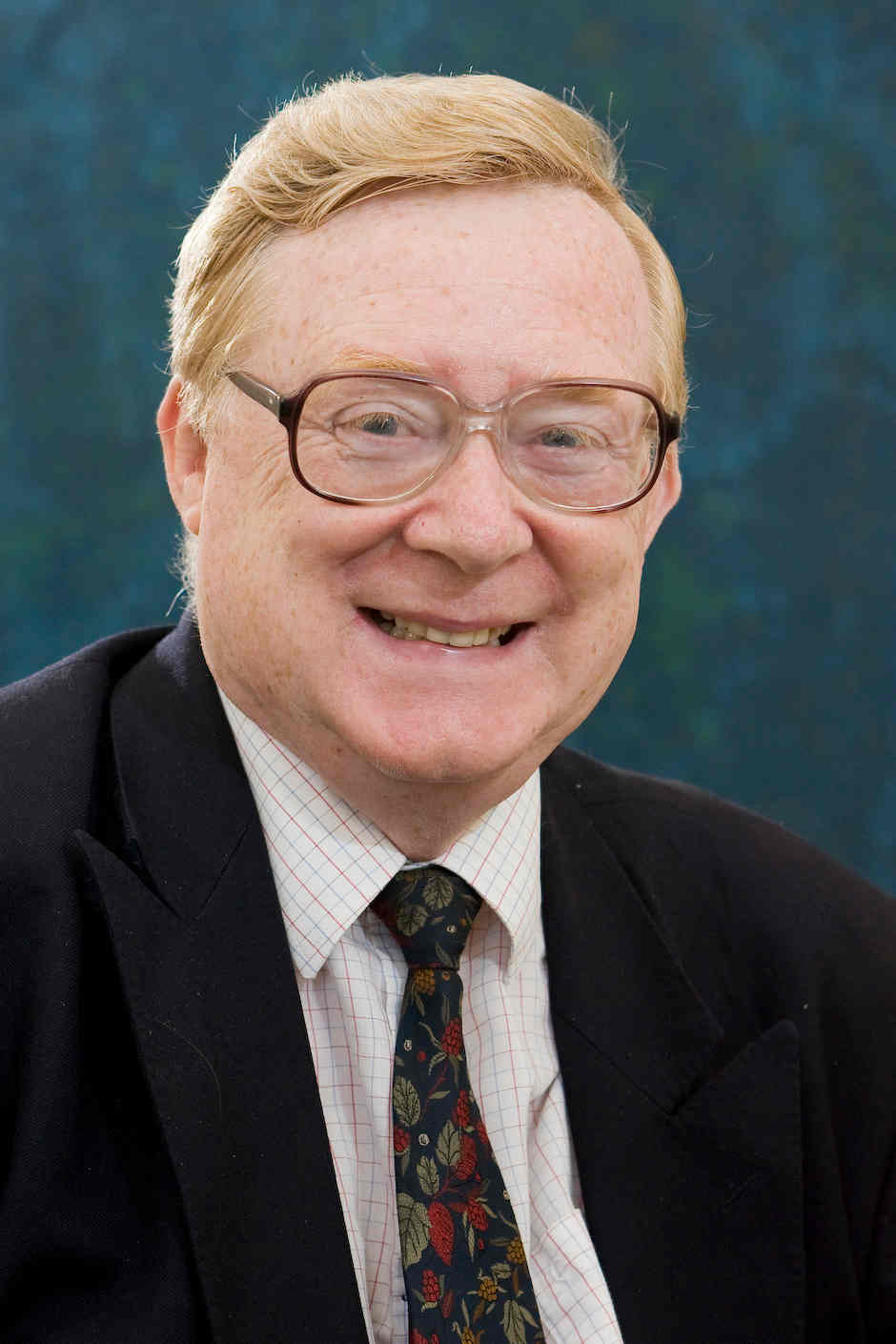He holds B.Sc. and M.Sc. degrees in Mathematical Science from
University College Galway and a Ph.D. degree in Algebra from the
University of Keele in the UK. He is Emeritus Professor of Mathematics
at University College Cork, where he taught for forty years. He is author
of over sixty published books on such diverse topics as
Lateral Thinking Puzzles (with Paul Sloane), Wit, Jokes, Puzzles,
George Boole, John Ford's movie The Quiet Man, and giving up smoking.
Among his interests are Geology (in which he has a diploma), photography,
broadcasting, book collecting, recreational mathematics, humour,
family history, and puzzles of all kinds. He and his long-suffering
wife Anne have five wonderful children and three even more wonderful
grandchildren and live in Cork.
a student came up to me and said,
`I bet you do not know what
8 S on an SS stands for?'
I didn't, and it took me several days to work it out. But I did, on my
own, and experienced the thrill every puzzle solver feels when the moment
of revelation occurs. It often comes seemingly out of the blue,
but your subconscious mind has been working on the solution, awake and asleep,
for hours, days, week, and maybe even months.
I was immediately hooked on these wonderful puzzles,
called
alphametics by some but
number and letter puzzles by others. I immediately began to collect and manufacture them myself and have amassed a very big collection, the very best of which you will find in this book.
These puzzles are immensely popular with all ages, genders, occupations,
and nationalities. I have used them extensively in the classroom, with my children, at social quizzes, and in lots of other situations where people get together and have fun pitting their wits against each other in friendly competition. This book contains the biggest such assembly of these puzzles ever published and they are graded from very easy to the fiendishly difficult, with one word clues to encourage people who need a little help. And of course complete solutions are given at the back of the book.
The other type of puzzles in this book are of the What Comes Next?
variety
--- you are given a sequence of usually six letters or
numbers and asked what you think the next term should be.
The solution is usually inevitable and unique, but if you can find a
plausible and valid alternative, then that is wonderful too.
Pattern recognition is a vitally important activity in many aspects of life,
from Science and behaviour, to predicting the weather or any future events.
I believe that What Comes Next? puzzles,
as well as being immensely enjoyable in themselves,
can help to develop intelligence, general knowledge, concentration,
and lateral thinking, and can be used in family, classroom,
and community games and activities.





